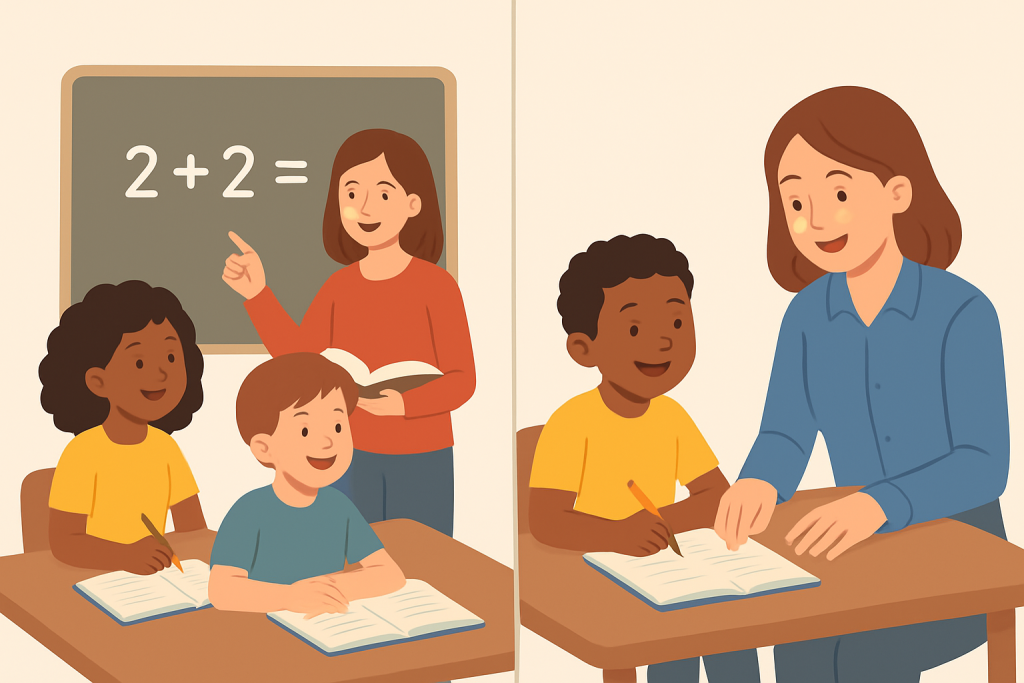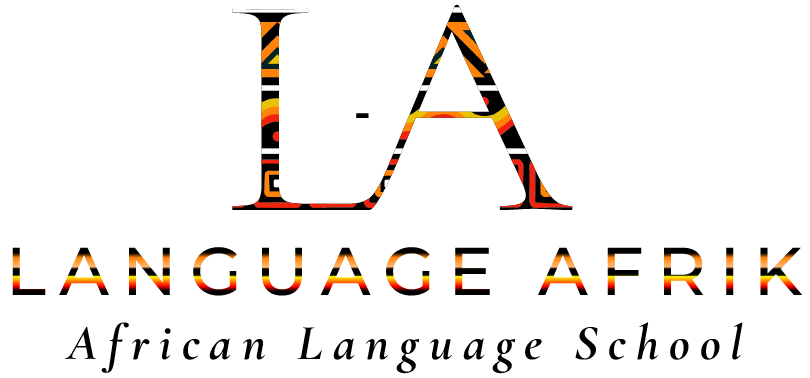In a quiet town somewhere in Germany, the school bell rings at 1:00 p.m., marking not just the end of classes but the beginning of a familiar rhythm in many homes. Children spill out of the Grundschule with backpacks slightly too heavy for their shoulders — full of books, homework, and silent expectations.
For parents, especially those juggling work and family life, this time of day brings mixed emotions. There’s pride in seeing their children grow up in one of the world’s most structured education systems — but also a quiet anxiety. German schools value independence early on, and while that builds resilience, it can sometimes feel like a steep climb for young learners still trying to find their confidence.
At home, the dining table often transforms into a battlefield of math worksheets and language assignments. Parents try to help — but between work emails and dinner prep, patience wears thin. Many didn’t grow up with the same curriculum, or they find the German grading system (Notensystem) confusing. And so, frustration builds — in both directions. The child feels misunderstood; the parent feels helpless.
Teachers, on the other hand, see the struggle from yet another angle. Their classrooms are full, time is short, and every child learns differently. They wish they could offer more individual attention, but the system often doesn’t allow it.
That’s where Nachhilfe steps in — not as a luxury, but as a quiet bridge between effort and understanding.

In the calm of a tutoring session, the pressure melts away. A Nachhilfelehrer listens, explains slowly, and celebrates small victories that often go unnoticed in the classroom. The child begins to see mistakes not as failure but as feedback. Confidence replaces confusion, and suddenly, that once-dreaded math problem looks a little less intimidating.
Parents begin to notice the change too — not just in grades, but in mood. Homework time is no longer a daily argument. Teachers see a spark of curiosity reappear. The atmosphere shifts from tension to teamwork.
In truth, Nachhilfe in Germany isn’t only about academic support — it’s about emotional balance. It restores harmony to families, eases the weight on teachers, and gives children the gift of learning without fear. It turns the kitchen table back into a place for laughter and stories, not just correction and sighs.
Because when a child feels supported — by parents, teachers, and a caring tutor — they stop learning for the grade and start learning for themselves.
And that’s when the real magic happens; confidence blooms, curiosity returns, and everyone — parents, teachers, and children alike — can finally breathe again.
Contact For Nachhilfe (Tutoring Program):
call/ WhatApp: +49 15216691352
Email: info@languageafrik.de
IG: @language.afrik, FB: Language Afrik
